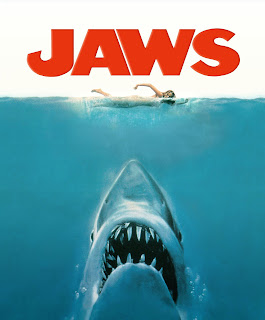For the past almost 40 years, people have associated sharks with the terrifying Great White and the suspenseful score from the movie Jaws. Mike Heithaus, a marine biology professor at Florida International University in Miami, said that "The fear of being eaten is ingrained in people. If we feel like we have some control or [a] fighting chance, a situation isn't as scary. With sharks there are no trees to climb, and you can't outswim a shark." The film spurred a frenzy of shark hunts. "There was a collective testosterone rush that went though the U.S. in the years following Jaws, where guys just wanted to catch these sharks so they could have their pictures taken with their foot on the head of a man-eater and the jaws later displayed on their mantle," said George Burgess, a shark biologist at the University of Florida in Gainesville. This led to a dramatic decrease in shark populations. People perceived sharks as man-eating machines, and felt no remorse for killing them. In reality, sharks do not follow and attack specific people. In fact, they rarely attack people at all - in U.S. coastal areas, people are about a hundred times more likely to be struck and killed by lightning than killed by a shark. Despite these facts, and because of Jaws, sharks are killed every day.

No comments:
Post a Comment